U.S. President Donald Trump on Wednesday launched a blitz of tariff announcements ranging from changes to previously threatened levies on imports of copper and on goods from Brazil, India and South Korea to ending an exemption from tariffs for small-value shipments from overseas.
The wave of announcements came as the clock ticked towards an August 1 deadline for higher tariff rates on goods imported from most of the world as Trump presses on with his bid to reshape global trade.
India
The day began with Trump announcing a 25 percent tariff on goods from India, after months of failed trade talks between Washington and New Delhi.
In a post on his Truth Social platform, Trump revealed that the tariffs would take effect starting August 1, marking the U.S. deadline for a trade agreement. He called India a friend but criticized its "excessive tariffs, among the highest in the world." Trump also expressed disapproval over India's continued purchases of Russian military equipment and energy.
In response, India emphasized its commitment to finalizing "a fair, balanced and mutually beneficial bilateral trade agreement."
Earlier in April, Trump had announced tariffs of up to 27 percent on Indian goods, though those measures were subsequently put on hold. This Friday marks the final deadline for India and other nations to either strike a trade deal or face higher tariffs.
Brazil
Trump also signed an executive order implementing an additional 40 percent tariff on Brazilian goods, bringing the total tariff rate to 50 percent. The duty will be effective after 12:01 a.m. Eastern Daylight Time seven days after the date of the order, except for certain specific goods, according to the executive order.
The high tariff comes after growing political and economic tensions between Brazil and the United States. On July 9, Trump announced plans to impose steep tariffs on Brazil, linking the move to his opposition to former Brazilian President Jair Bolsonaro's trial for an alleged attempt to seize power after losing his reelection bid in 2022.
In mid-July, Washington suspended visas for eight Brazilian Supreme Federal Court justices overseeing Bolsonaro's trial. Brazilian President Luiz Inacio Lula da Silva said Bolsonaro's trial is its internal affairs, and criticized U.S. interference.
Brazil's Finance Minister Fernando Haddad said on July 21 that Brazil would negotiate with the U.S. over Trump's threat to impose 50 percent tariffs on imports from Brazil, noting that the Brazilian president wanted to keep diplomatic channels open.
South Korea
Trump on Wednesday announced a trade deal with South Korea, declaring to impose 15 percent tariff on imports from South Korea. Under the deal, South Korea will also have to invest $350 billion in the U.S. and buy $100 billion in liquefied natural gas or other energy products.
The 15 percent rate is below a 25 percent rate that Trump had threatened earlier, and was equivalent to levies determined from U.S. trade deals with Japan and the European Union.
Trump said an additional unspecified "large sum of money" will be invested by Seoul and it would be announced within the next two weeks when South Korean President Lee Jae Myung visits the White House. The meeting will be their first since Lee assumed the presidency in June.
In a statement posted to Facebook, Lee called the deal "the first major trade challenge" since his administration took power. "We have overcome a major hurdle."
"Through this deal, the government has eliminated uncertainty surrounding export conditions and ensured that U.S. tariffs on our exports are either lower than or equal to those imposed on our major trade competitors," Lee said.
Copper
Furthermore, the U.S. president also signed a proclamation to impose universal 50 percent tariffs on imports of semi-finished copper products and copper-intensive derivative products, effective from August 1.
The proclamation directs the U.S. secretary of commerce to establish a product "inclusion" process to add copper derivative products to these tariffs, and authorize the secretary to take steps under the Defense Production Act to support the domestic copper industry.
U.S. copper futures on Comex plunged 20 percent after the announcement, Bloomberg reported. Until Wednesday afternoon, U.S. copper prices had been trading around 28 percent above benchmark copper futures on the London Metal Exchange, as traders anticipated the tariff would be applied to all refined metal imports.
"Markets are now busily repricing refined copper much lower after Trump's epic backflip on his own import tariff policy," said Tom Price, an analyst at the London brokerage Panmure Liberum. "Someone must have finally got through to (Trump) that the US economy simply can't afford this new trade-hit."
Low-value imports
The White House also said the U.S. is suspending a "de minimis" exemption that allowed low-value commercial shipments to be shipped to the U.S. without facing tariffs.
Under Trump's order, packages valued at or under $800 sent to the U.S. outside of the international postal network will now face "all applicable duties" starting on August 29, the White House said.
Goods shipped through the postal system will face one of two tariffs: either an "ad valorem duty" equal to the effective tariff rate of the package's country of origin or, for six months, a specific tariff of $80 to $200 depending on the country of origin's tariff rate.








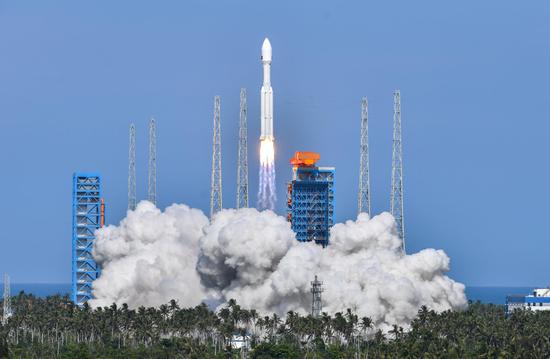

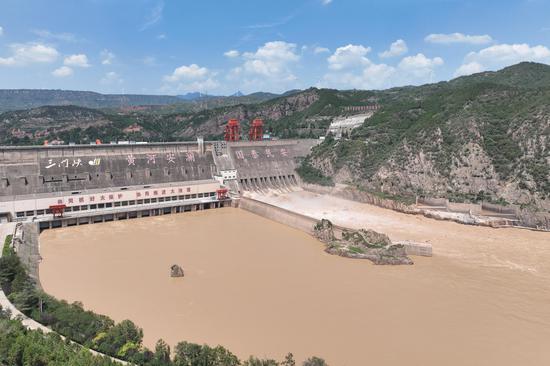

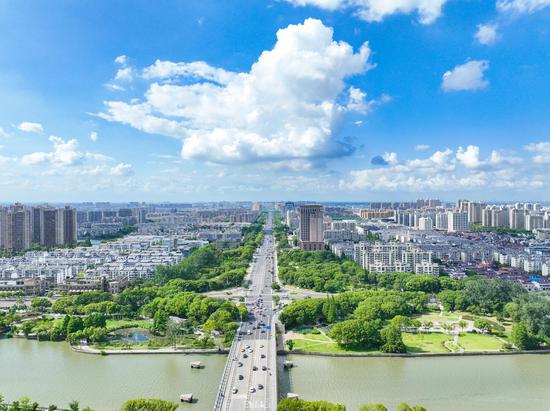
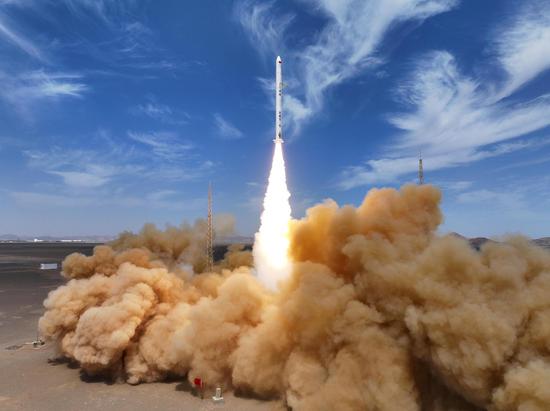


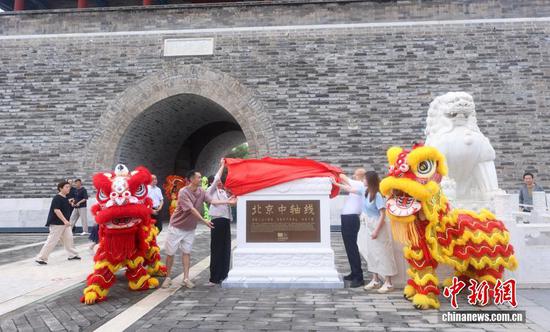
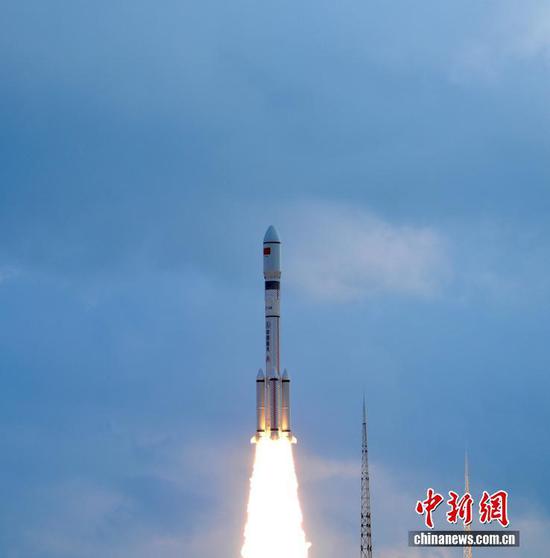
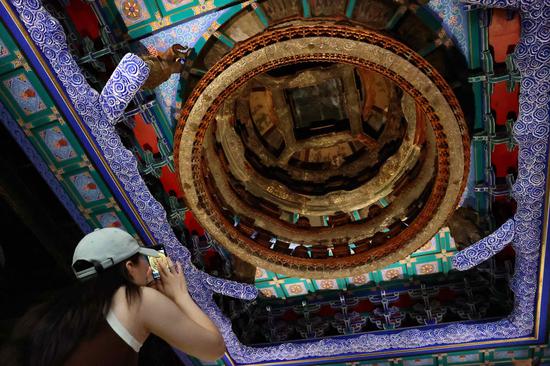
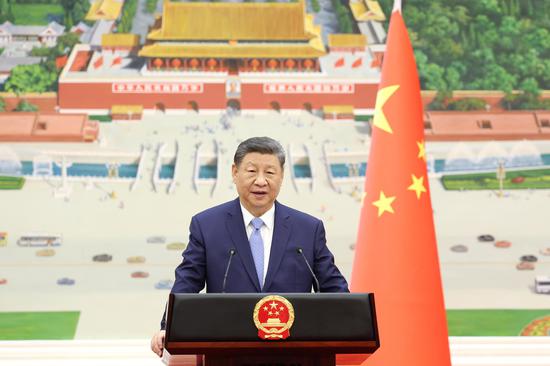

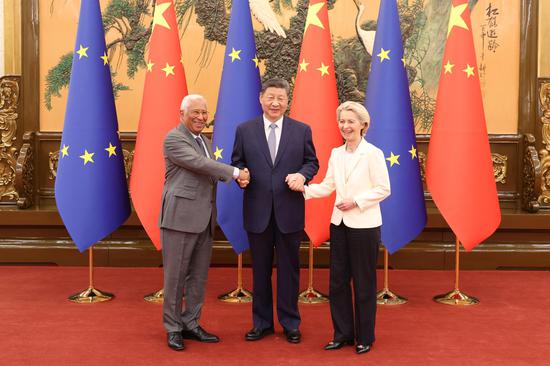
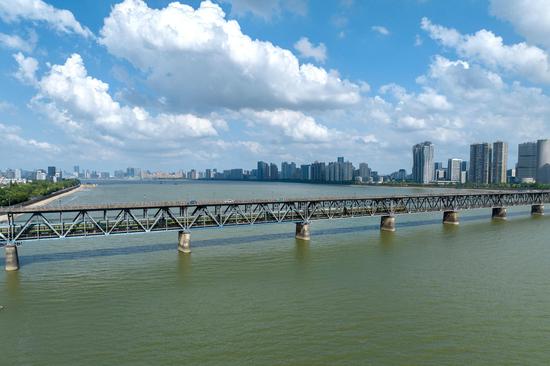
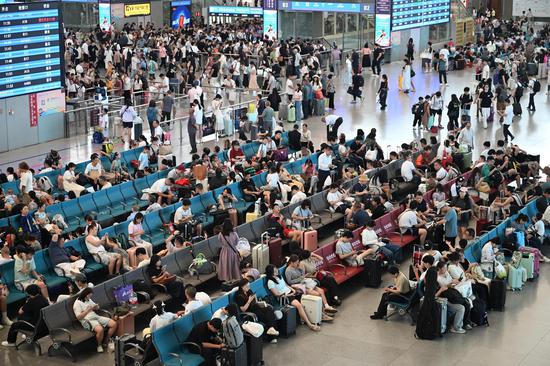

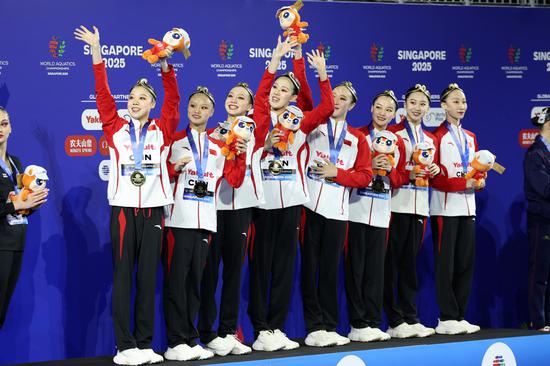

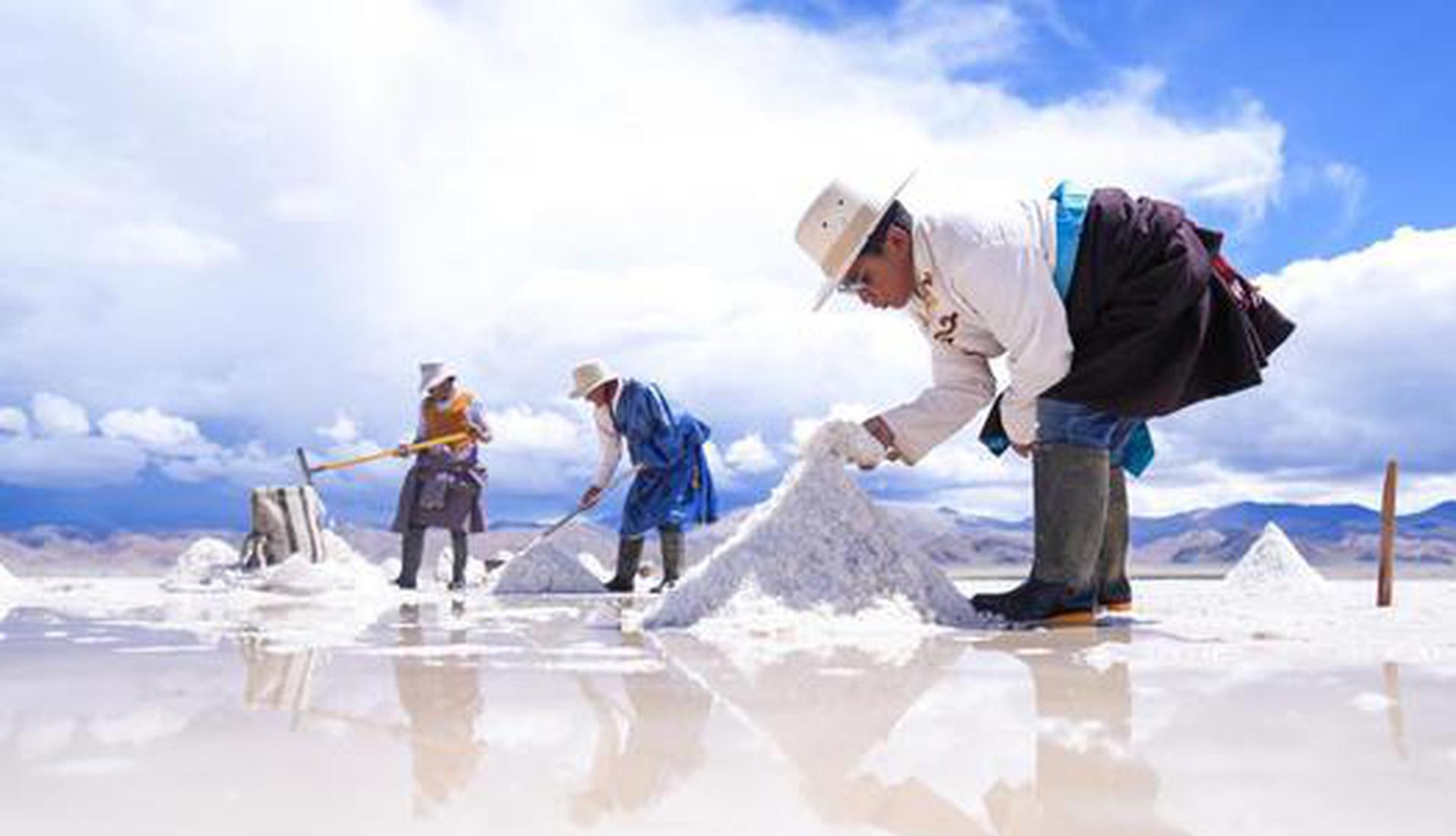

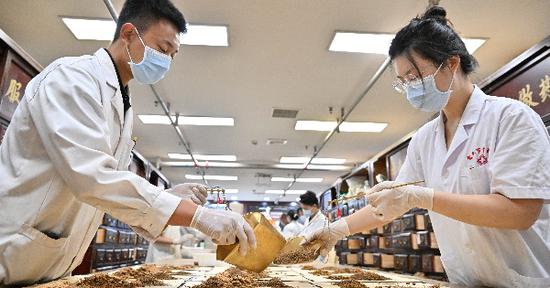





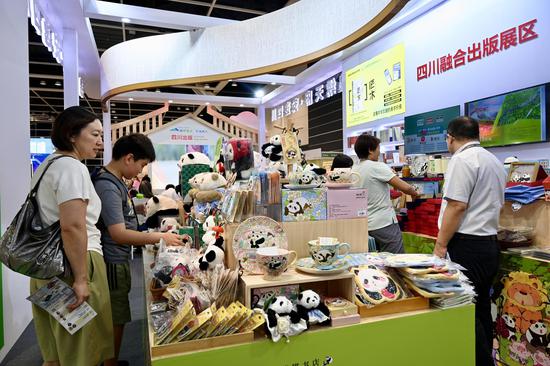
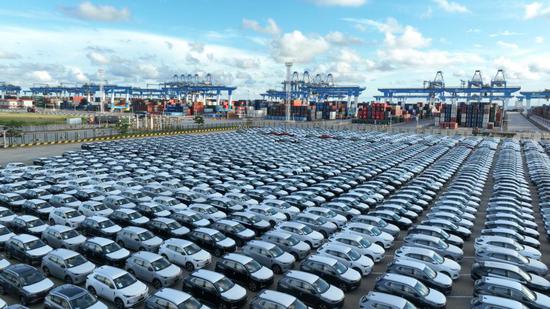


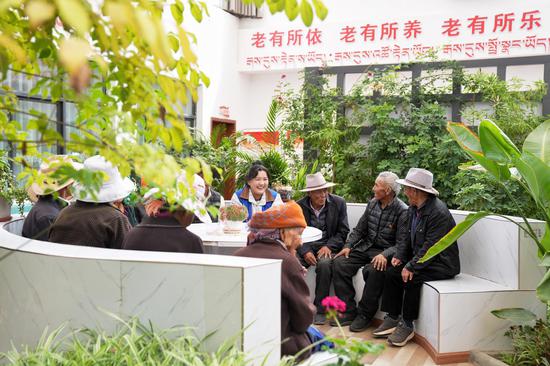






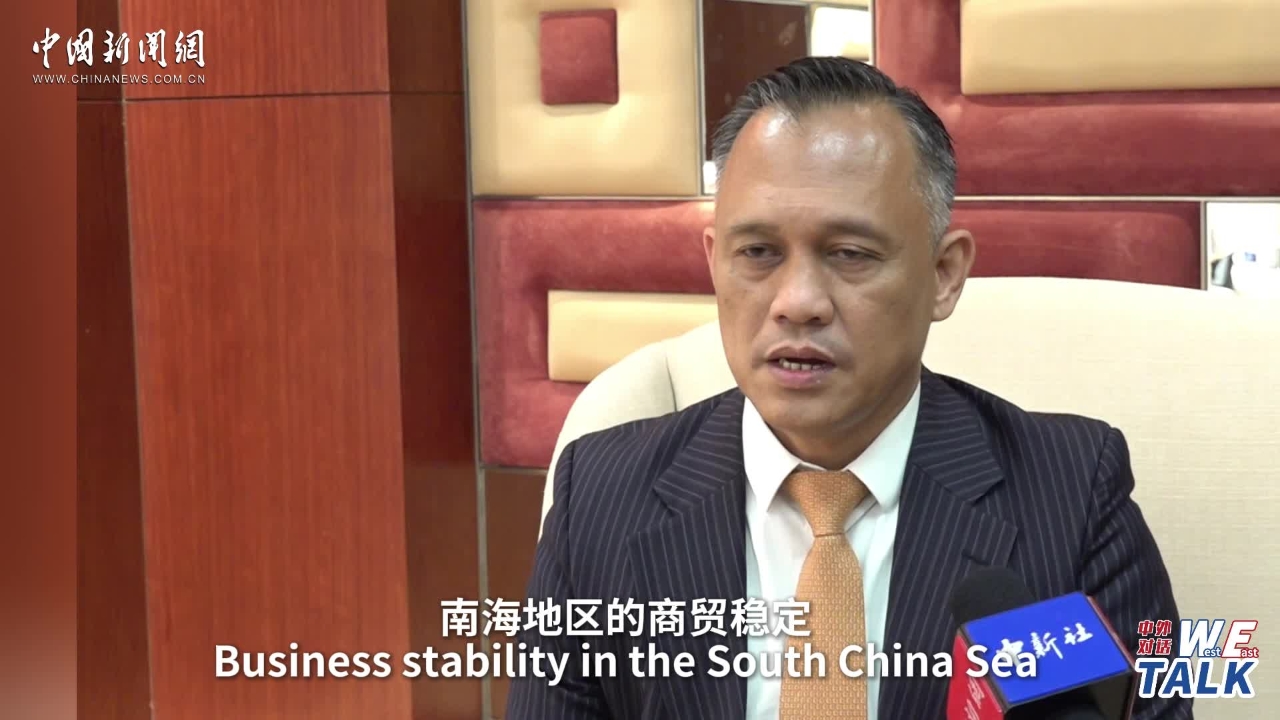

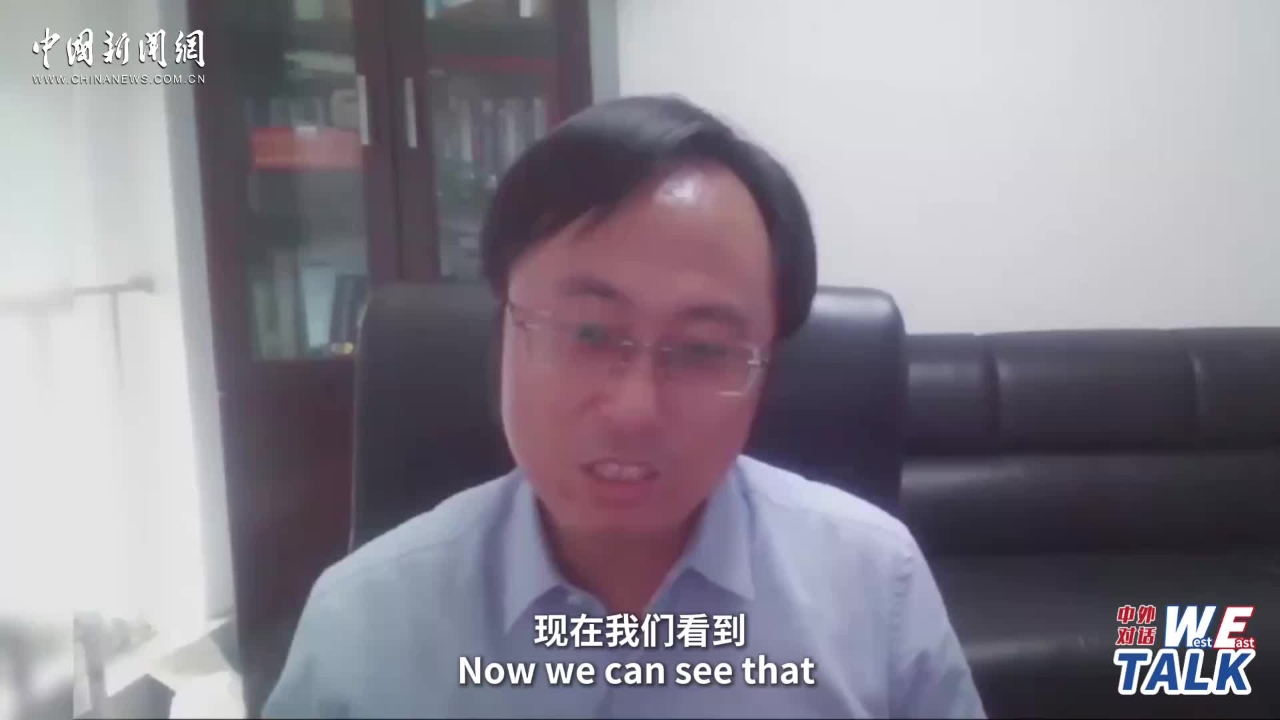

 京公网安备 11010202009201号
京公网安备 11010202009201号